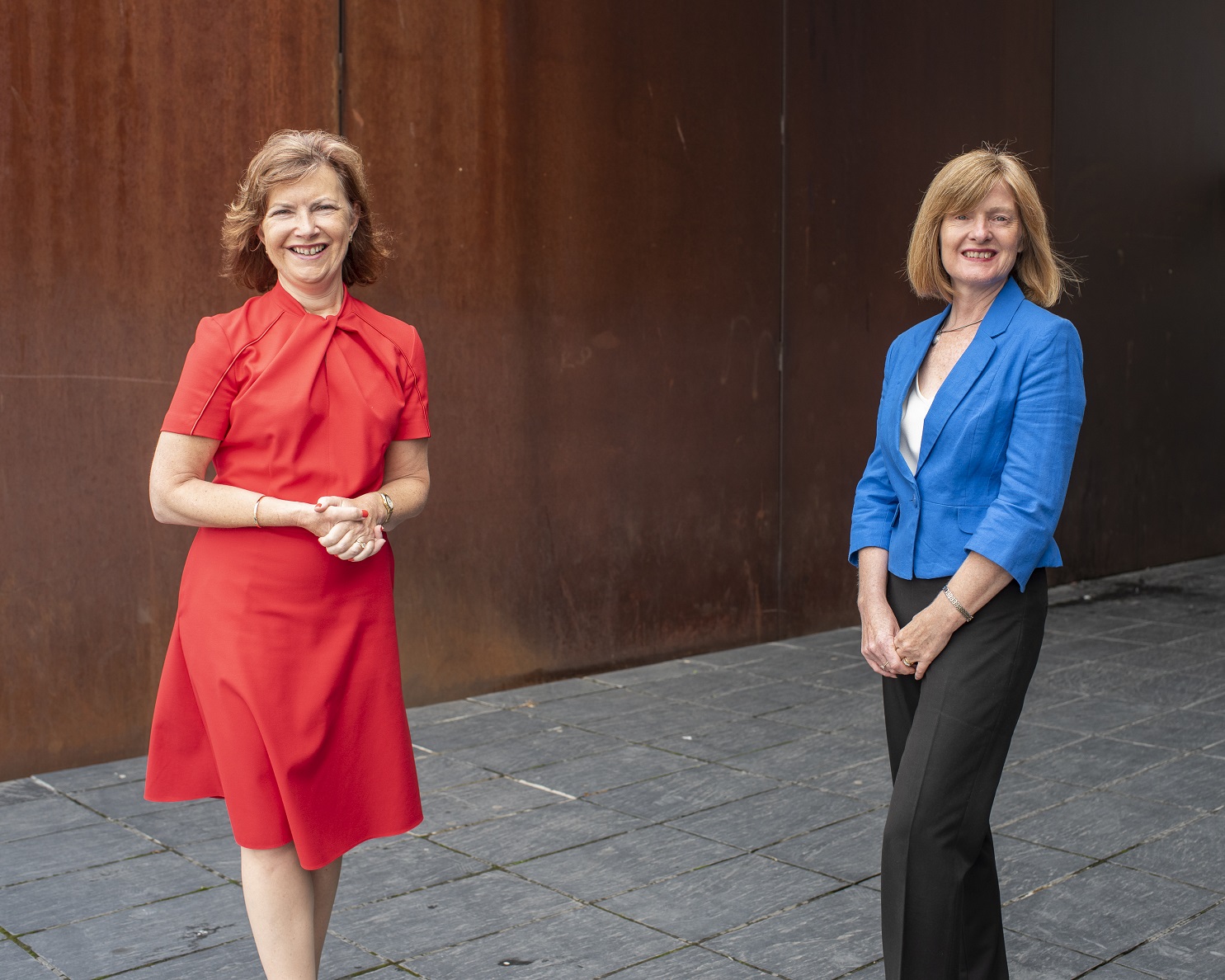
Universities support North East’s economic recovery: Innovation Northumbria: Incubator
Universities have a vital role to play in helping the North East economy recover from the coronavirus pandemic.
The work being delivered by North East universities is supporting new and existing businesses to innovate and grow, and shaping and supporting a more sustainable and inclusive economy.
Durham University, Newcastle University, Northumbria University, University of Sunderland and Teesside University are all members of the North East COVID-19 Economic Response Group, which was established by the North East Local Enterprise Partnership at the beginning of the coronavirus pandemic to provide business resilience and ensure a collective response to the economic impact of COVID-19 on the North East economy.
Below is a case study from Northumbria University about it’s new Innovation Northumbria: Incubator, which supports its flourishing community of student and graduate start-ups, and provides opportunities for business partners to offer mentoring and financial backing.
Opened in October 2019 next to the University’s main campus, the state-of the-art facility provides high-quality support for student and graduate entrepreneurs, giving them the best possible opportunity to establish and grow thriving businesses.
The initiative has already received financial support from Santander Universities UK, Sir James Knott Trust, North East Times Magazine, Space Group and the North East LEP.
Northumbria is looking for additional support to set up an Enterprise Club, where members can offer pro-bono advice and expertise, and an Enterprise Fund through which they can pledge financial support to help fledgling start-ups develop proof-of-concept and feasibility business plans.
The initiative reinforces Northumbria’s reputation as a university that champions enterprise and innovation through its teaching, and the support it offers start-ups through the Student and Graduate Enterprise Service. Pioneering courses such as Entrepreneurial Business Management – where students run their own businesses – and the student-led consultancy service delivered on the Business Clinic programme, have also established Northumbria as a leader in entrepreneurial education.
The University has been ranked in the top three for graduate start-ups in the UK – based on estimated turnover – since 2011, including five years in first place. Businesses developed by Northumbria graduates had an estimated turnover on £84 million in 2018/19.
Since 2009, Northumbria has supported the development of nearly 300 new businesses which have led to the creation of more than 1,000 jobs, the vast majority of which are in the North East.
To find out more about the Innovation Northumbria: Incubator visit www.northumbria.ac.uk/incubatorlaunch.
Click here to read more about how universities in the region are playing a central role in supporting the region to recover from the coronavirus pandemic.
Click here to read more about the North East COVID-19 Economic Response Group.

